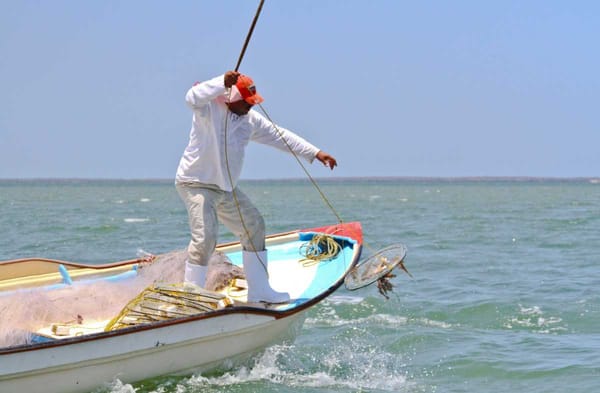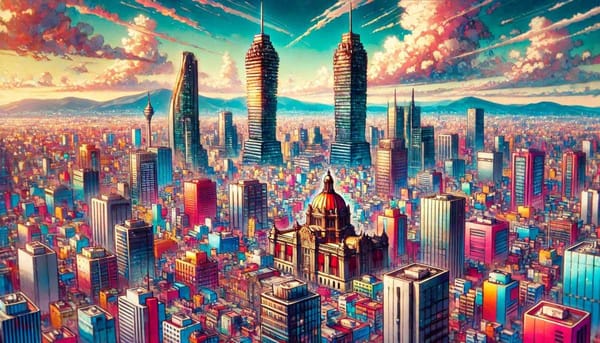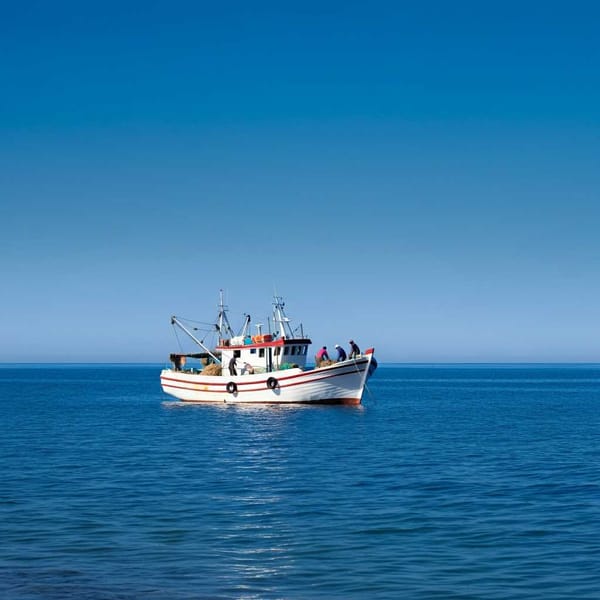President AMLO Takes a Stand Against Anti-Immigrant Policies
President AMLO addresses migrant rights, criticizes the opposition bloc, and shares musical recommendations in his morning conference. Updates on the Mayan Train project and urban development plans. Fuel and food prices were discussed. Stay informed with the latest news from Mexico.

In his usual lively style, President Andrés Manuel López Obrador (AMLO) kicked off the morning conference with a series of interesting topics. Let's dive right in!
Taking a stand against anti-immigrant policies, AMLO urged the public not to vote for those who despise the immigrant population in the United States. Specifically, he called out the "anti-immigrant" law implemented in Florida by Ronald DeSantis. With passion and conviction, AMLO emphasized that migrants contribute significantly to the United States' workforce and should be respected. He refuted the notion that migrants are thugs and criticized the media's tendency to blame them for drug trafficking.
In a break from political matters, the President shared his weekly musical recommendation. This time, he chose "America" by Los Tigres del Norte and Calle 13. AMLO has consistently highlighted music that promotes non-violence and avoids glorifying drug use, expressing his belief in the power of positive cultural influences.
Expressing his gratitude, AMLO thanked Chiapas for its solidarity and the safe release of 16 previously kidnapped workers. The President commended their exemplary behavior during his speech commemorating five years of Morena's government, noting the absence of politicking among those vying to succeed him within his movement.
Shifting gears, AMLO criticized the leadership of Claudio X. González Jr., labeling him as a manager rather than a political leader. The President revealed that González Jr. orchestrated consultations to support Xóchitl Gálvez's candidacy, highlighting the alleged manipulation within the opposition block. He argued that Gálvez, a former head of the National Institute of Indigenous Peoples and mayor of Miguel Hidalgo, cannot truly represent the people as she is part of the same opposition group.
Continuing his critique of the opposition, AMLO reiterated that the bloc's "dedazo" or imposition of a candidate is representative of the oligarchy, not a political party. He claimed that the opposition parties are losing relevance as they become absorbed by the "Supreme Conservative Power" headed by Claudio X. González Jr. According to the President, money, authoritarianism, and media manipulation characterize the opposition bloc.
Addressing another matter, AMLO discussed the recent appointment of Ardelio Vargas Fosado as the Undersecretary of the Interior of Puebla. The President expressed concern about Vargas Fosado's alleged involvement in social repressions and connections with Genaro García Luna. AMLO stated that a report on the case had been given to the Governor of Puebla and affirmed his administration's commitment to distancing itself from individuals with questionable backgrounds.
Transitioning to urban development plans, AMLO highlighted the need to address abuses in certain regions of the country, particularly in tourist areas. He emphasized the importance of leaving sufficient green areas and working towards justice in urban development, mentioning Puerto Escondido as a specific area that requires attention. The President condemned the privatization of beaches during the neoliberal period and expressed his commitment to ensuring that all people can enjoy the coasts of Mexico.
Amidst the conference, AMLO shared an exciting update regarding the Mayan Train project. He emphasized that every part of the project, from the primary components to the most sophisticated systems, has been manufactured in Mexico, showcasing the talent of the country's young people.
Providing an update on the Mayan Train project, AMLO mentioned the creation of a new Natural Protected Area in section 1, which boasts a unique mangrove ecosystem and archaeological vestiges dating back 3,000 years. Governor Rutilio Escandón Cadenas of Chiapas praised the project for promoting adventure tourism and the recognition of Mayan culture across the country.
Shifting gears, Javier May, the head of Fonatur, provided updates on the progress of the Mayan Train's first section, which spans Palenque to Escárcega and passes through Tabasco, Campeche, and Chiapas. Out of the total 226 kilometers, 150 kilometers have already been completed, and the first four-car train is set to arrive on July 8 for testing. The inauguration of this remarkable project is expected to take place in December this year.
Diego Prieto, the head of the National Institute of Anthropology and History (INAH), reported progress on the archaeological salvage of section 1 of the Mayan Train. He revealed the discovery of materials from Teotihuacan in the region, highlighting the significant research and conservation efforts being undertaken at archaeological sites such as Palenque in Chiapas and Moral Reforma in Tabasco.
Ricardo Sheffield Padilla, the head of Profeco, shared information on fuel and basic food prices. He stated that from February 2020 to June 2023, the average price of regular gasoline was 22.27 pesos per liter, premium gasoline reached 24.44 pesos, and diesel cost 23.67 pesos. Sheffield Padilla also mentioned the average price of LP gas and highlighted the stability of the basic food basket prices, recognizing Chedraui as an "ally of the consumer."
As the morning conference came to a close, AMLO once again demonstrated his commitment to addressing key issues, ranging from migrant rights and opposition politics to urban development plans and progress on the Mayan Train project.




